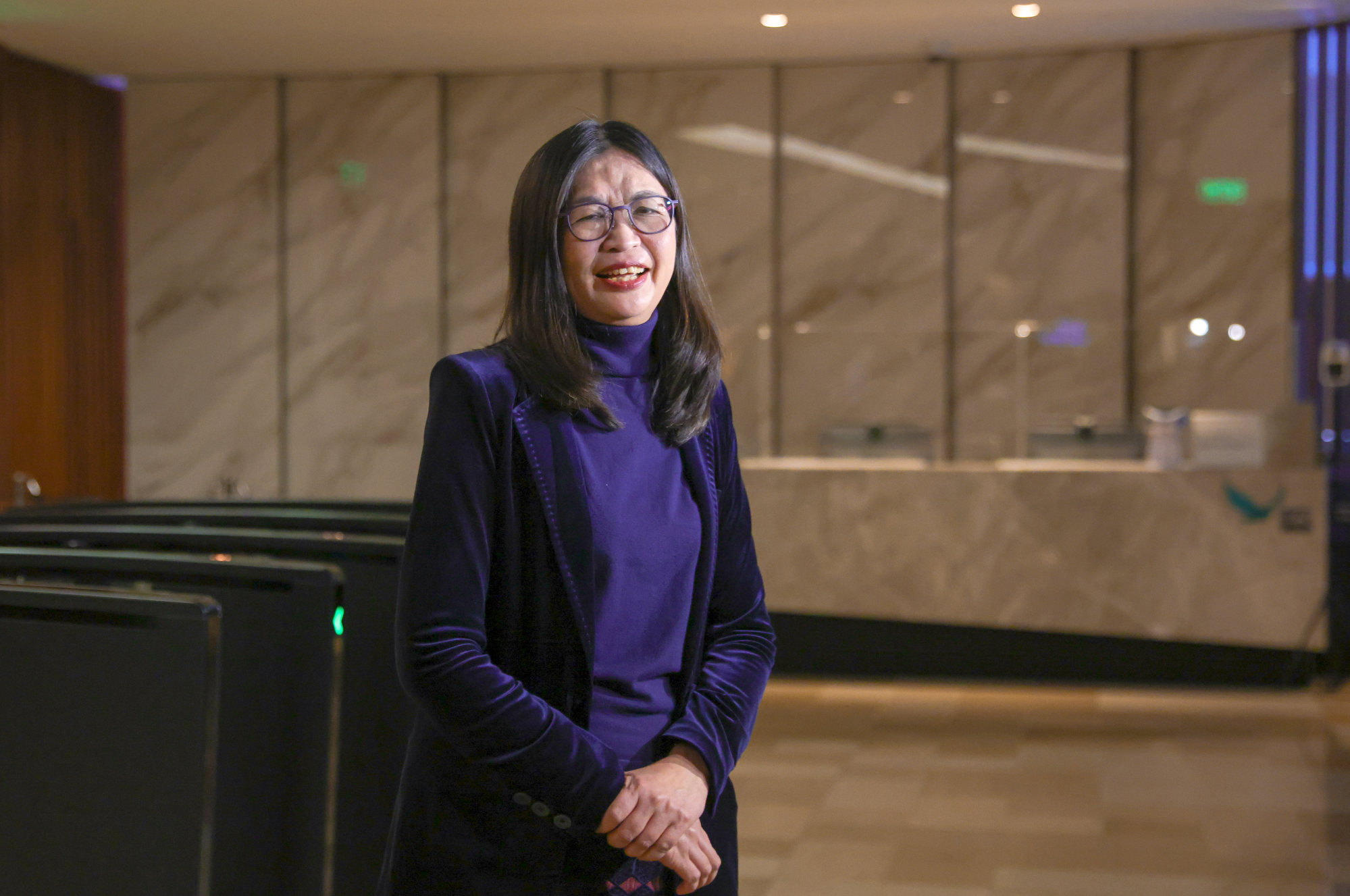
Hong Kong, Singapore, Japan regulators welcome tokenisation push, call for closer alliance with private sector
- CEO of Hong Kong market watchdog welcomes ‘responsible innovation’, with similar standard of investor protection or higher than traditional products
- Experts at McKinsey say tokenisation has the benefits of round-the-clock operations, data availability, and instantaneous settlement, as well as greater automation.
Regulators in three of the biggest financial markets in Asia said they welcome tokenised securities – traditional investment products like stocks, bonds and mutual funds that use distributed ledger technology- as a means to promote efficiency, disintermediation, liquidity and financial inclusion in markets. They also called for closer partnership with the private sector.
Representatives from the Hong Kong Securities and Futures Commission (SFC), Monetary Authority of Singapore (MAS) and Financial Services Agency of Japan (JFSA) shared their experience in dealing with the growing interest in tokenising financial instruments under the principle of “same business, same risks, same rules” at the annual conference of Asia Securities Industry & Financial Markets Association (ASIFMA) on Thursday in Hong Kong.
“We set very clear expectations, and we welcome the industry to come and discuss with us [about] their novel products,” said Julia Leung, SFC’s CEO. “I believe the SFC’s work on these conduct requirements and due diligence requirements are quite pioneering in this area.”
The use of distributed ledger technology, in which products are recorded, transferred and settled on the blockchain, has received government endorsement in Hong Kong with the release of two circulars last November that outlined requirements for tokenised securities.

The documents are aimed at opening up retail investors’ access to such products provided they follow specific guidelines, such as notifying and discussing business plans with the SFC in advance and conducting smart contract audits.
Analysts have forecast that US$4 trillion to US$5 trillion of tokenised digital securities could be issued by 2030, according to a report from consultancy McKinsey & Co.
Issuers of such financial products must be held to the same, if not higher, conduct requirements and accountability.
“We’re actually signposting to the industry that we welcome responsible innovation, as long as the standard of investor protection is the same, if not higher, than all the traditional products,” Leung said.
The SFC ensures that licensed fund managers are held responsible and accountable for these products and that the distributors of tokenised securities are subject to due diligence.
“We believe that the technology should be explored,” said Tuang Lee Lim, assistant managing director of capital markets at the MAS, adding that the distributed ledger technology can bring benefits including efficiency, disintermediation, more liquidity and financial inclusion.
Experts at McKinsey say tokenisation has the benefits of round-the-clock operations and data availability, instantaneous settlement, programmability and the ability of the token to engage with smart contracts – allowing for a higher degree of automation.
The MAS is working with the industry using a regulatory sandbox to test innovations. The Singaporean authority is looking into digital innovations in cross-border repurchase agreements, wealth management products and trade finance.
“There are similar risks and similar challenges in regulating tokenised securities and traditional securities,” said Toshiyuki Miyoshi, Vice Commissioner for International Affairs at JFSA. “In terms of investor protection, we are making sure that the customer assets and tokenised securities are properly segregated at the intermediary level.”
Experts at the conference called for collaboration among regulators and the private sector around the world as issues in the industry were intertwined.
“Blockchain needs to [have] standardised protocols to scale and allow transfers between bank A and bank B,” said SFC’s Leung. “It needs a lot of cooperation with the private sector, regulators and us regulators here and also with Europe.”

